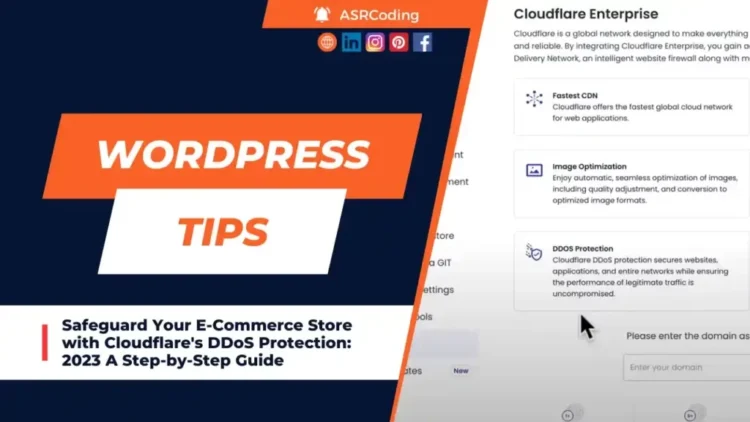In the fast-paced digital landscape, the rise of Distributed Denial of Service (DDoS) attacks poses a significant threat to online businesses. According to Z’s 2023 Dos Insights Report, DDoS attacks surged by 200% in the first part of 2023, impacting various industries. Imagine running a successful e-commerce store, generating $5,000 daily, only to witness a sudden crash due to a DDoS attack. This not only results in potential sales loss but also triggers customer backlash. Cloudflare, in response to this digital menace, introduces a new Rapid Reset Attack, urging e-commerce businesses to prioritize DDoS protection.
Table of Contents
Read more topics like this
Embed YouTube Channel on Your WordPress Website Using Smash Balloon YouTube Plugin
How to Translate Your YouTube Videos with AI (Rask.ai Tutorial): 2023 Step-by-Step Guide
SEO Mastery: 10 Essential WordPress SEO Plugins for Website Optimization in 2023
Understanding the DDoS Threat Landscape:
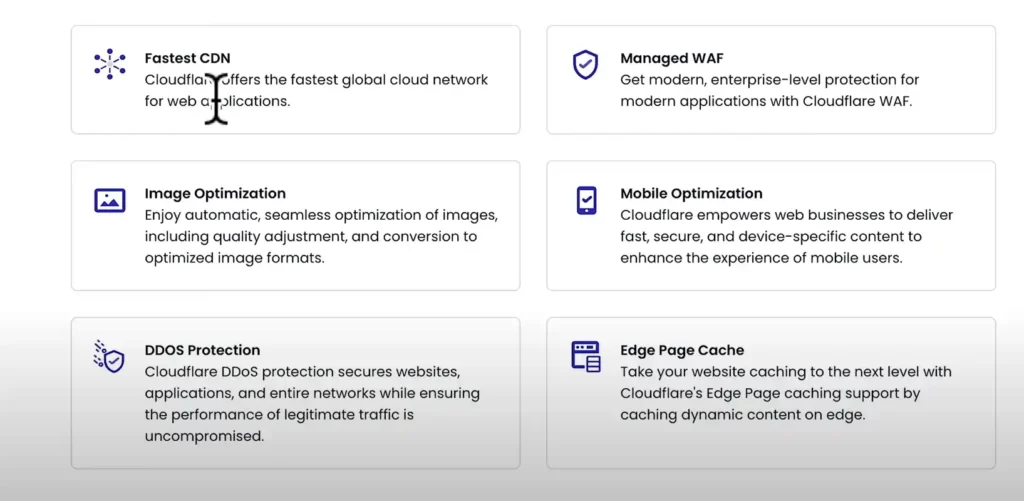
Z’s 2023 Dos Insights Report underscores the alarming increase in DDoS attacks, impacting industries irreversibly. The need for robust protection is more critical than ever, especially for e-commerce businesses.
Cloudflare’s DDoS Protection: An Overview:
Cloudflare offers autonomous Edge protection against DDoS attacks. The service automatically detects and mitigates various levels of DDoS attacks, providing a shield for your website.
Pricing Structure for Cloudflare DDoS Protection:
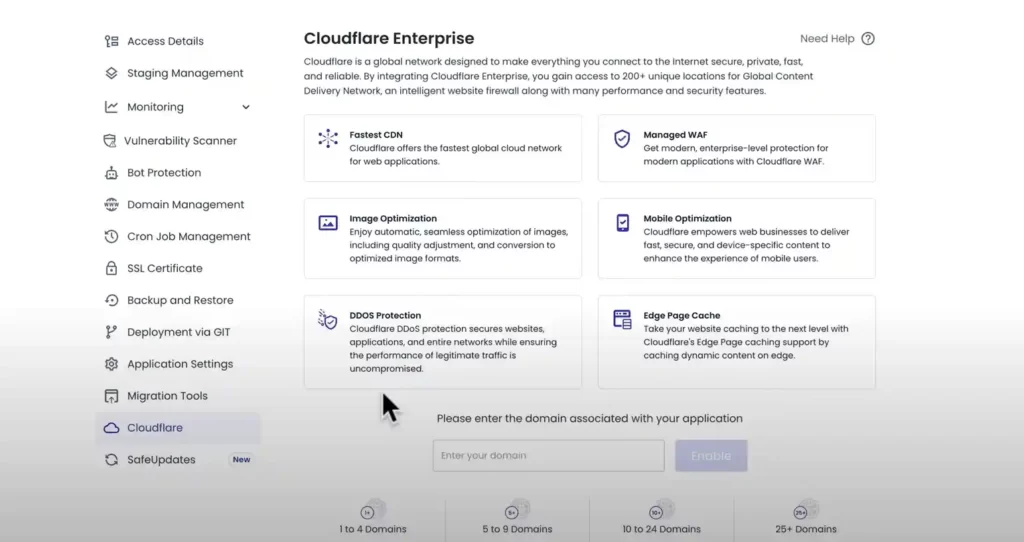
Cloudflare’s pricing starts with a free account, including DDoS protection. As needs grow, options like Business and Pro accounts offer additional features. For Cloudways customers, starting at $5 per month, DDoS protection becomes an accessible add-on.
Integration Process: A Step-by-Step Guide:
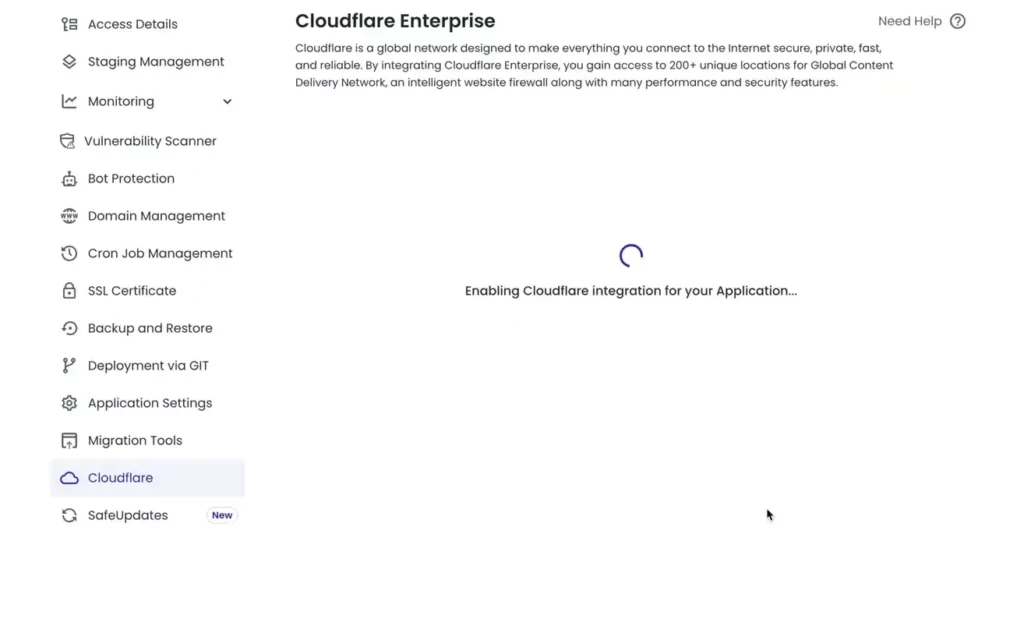
Follow our guide to seamlessly integrate Cloudflare’s DDoS protection with your e-commerce store on Cloudways. The step-by-step process simplifies the setup, making it accessible for all users.
Security Features Beyond DDoS Protection:
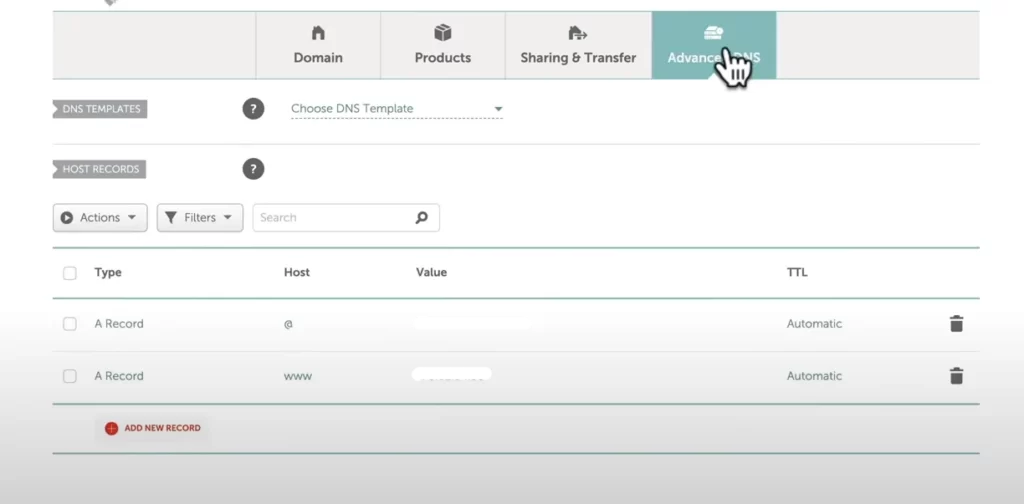
Explore additional security layers, including Web Application Firewall (WAF), reserved IPs, and automatic SSL provisioning, provided by Cloudflare and Cloudways. These features enhance overall website security.
Monitoring and Management Tools:
Cloudways offers monitoring tools to track bandwidth usage, cache purging, and an “Under Attack” mode for layer 7 DDoS attacks. These tools empower users to manage and optimize their website’s performance and security.
Conclusion:
Securing your e-commerce store against DDoS attacks is a paramount concern in today’s digital landscape. Cloudflare’s comprehensive DDoS protection, integrated seamlessly through Cloudways, provides a robust solution for online businesses.
Connect and Subscribe for Updates:
Stay updated on the latest security trends and tips by connecting with us on social media platforms. Subscribe to our newsletter for exclusive insights and notifications about future security features.
FAQs: Cloudflare’s DDoS Protection
What is a DDoS attack?
A Distributed Denial of Service (DDoS) attack is a malicious attempt to disrupt the normal functioning of a website or online service by overwhelming it with a flood of internet traffic.
How does Cloudflare’s DDoS protection work?
Cloudflare’s DDoS protection uses autonomous Edge technology to detect and mitigate DDoS attacks, preventing them from impacting websites.
Can I integrate Cloudflare’s DDoS protection with any hosting provider?
The guide provided focuses on integrating Cloudflare’s DDoS protection specifically with Cloudways. However, Cloudflare can be integrated with various hosting providers.
Is DDoS protection necessary for small e-commerce stores?
Yes, DDoS protection is crucial for businesses of all sizes, as cyber threats do not discriminate based on the scale of the operation.
How long does it take for Cloudflare’s DDoS protection to activate?
The activation process may take up to 24 hours. Users can monitor the status in their Cloudways account to ensure the seamless transition.
This comprehensive guide equips e-commerce store owners with the knowledge and tools needed to safeguard their businesses from the growing threat of DDoS attacks.

